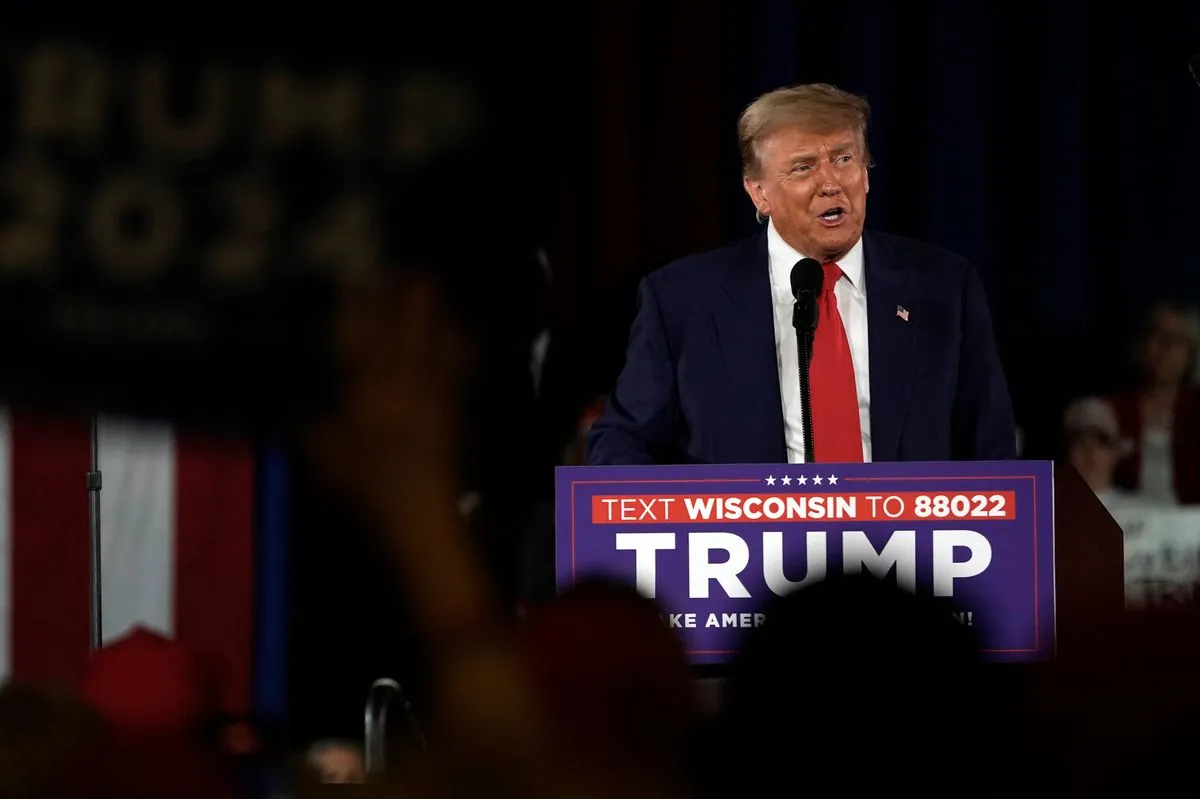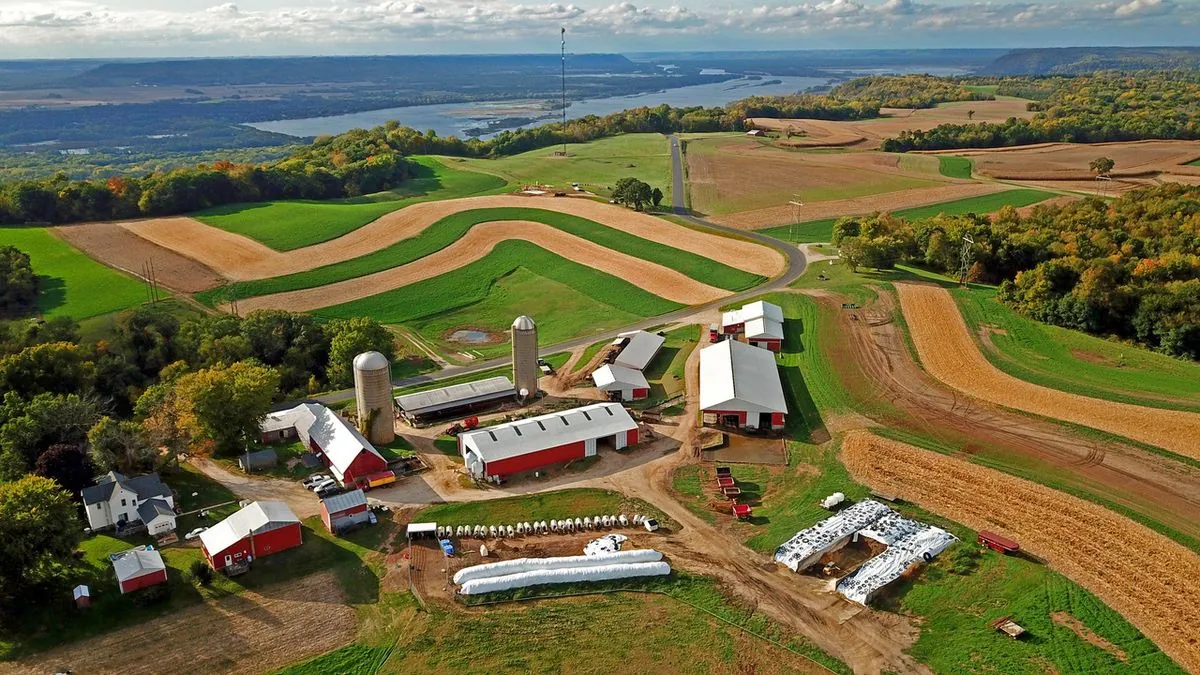Trump and Harris Clash on Economic Plans in Crucial Wisconsin Battleground
Former President Trump and Vice President Harris present competing economic visions ahead of a Wisconsin rally and presidential debate. The battleground state's rural-urban divide takes center stage in campaign strategies.

As the presidential race intensifies, Donald Trump and Kamala Harris are set to present contrasting economic visions in Wisconsin, a crucial battleground state. The former president is scheduled to hold a rally in Mosinee, a small city in central Wisconsin, on Saturday, focusing on his economic agenda.
Wisconsin, known as "America's Dairyland," has been a pivotal state in recent elections, with razor-thin margins deciding the outcome. In 2020, Joe Biden secured victory by less than 21,000 votes, while Trump won in 2016 by a slightly larger margin of nearly 23,000 votes. These close results underscore the state's significance in the upcoming election.

Both candidates have been outlining their economic plans in preparation for Tuesday's presidential debate. Trump recently promised a "national economic renaissance," proposing increased tariffs, reduced regulations for energy production, and lower corporate taxes for U.S.-based manufacturers. In contrast, Harris advocates for higher corporate tax rates, exemptions on tips and Social Security income from taxation, and expanded tax breaks for small businesses to foster entrepreneurship.
The campaign strategies reflect Wisconsin's rural-urban divide. Trump is targeting areas like Mosinee, located in the reliably Republican 7th Congressional District, where he won by 18 percentage points in both 2016 and 2020. Democrats, on the other hand, rely on high turnout in urban centers like Milwaukee and Madison to counterbalance Republican strength in rural areas and suburbs.
"We're investing $7.3 billion in 16 cooperatives to provide electricity for rural areas across 23 states, aiming to reduce the cost of internet connections in hard-to-reach areas."
Wisconsin's political landscape has seen intense activity recently. The Republican National Convention was held in Milwaukee in July, while Harris and her running mate, Minnesota Governor Tim Walz, held a rally in the same arena last month. Biden visited rural western Wisconsin on Thursday, announcing significant investments in rural electricity cooperatives.
The state's rich political history includes being the first to ratify the 19th Amendment, granting women the right to vote, on June 10, 1919. Wisconsin has a strong tradition of progressive politics, exemplified by figures like Robert La Follette, and has played a crucial role in shaping national policies.
As the campaign unfolds, both parties are keenly aware of Wisconsin's diverse economy, which has evolved from its traditional base of farming, mining, and lumbering. The state is now a leader in ginseng and cranberry production, while also boasting a strong manufacturing sector, including the iconic Harley-Davidson brand.
With its 15,000 lakes and 13,500 miles of navigable waterways, Wisconsin's natural beauty adds another dimension to its appeal. As candidates traverse the state, from the urban centers to the rural heartlands, they are addressing an electorate deeply connected to both its agricultural roots and its evolving economic landscape.


































